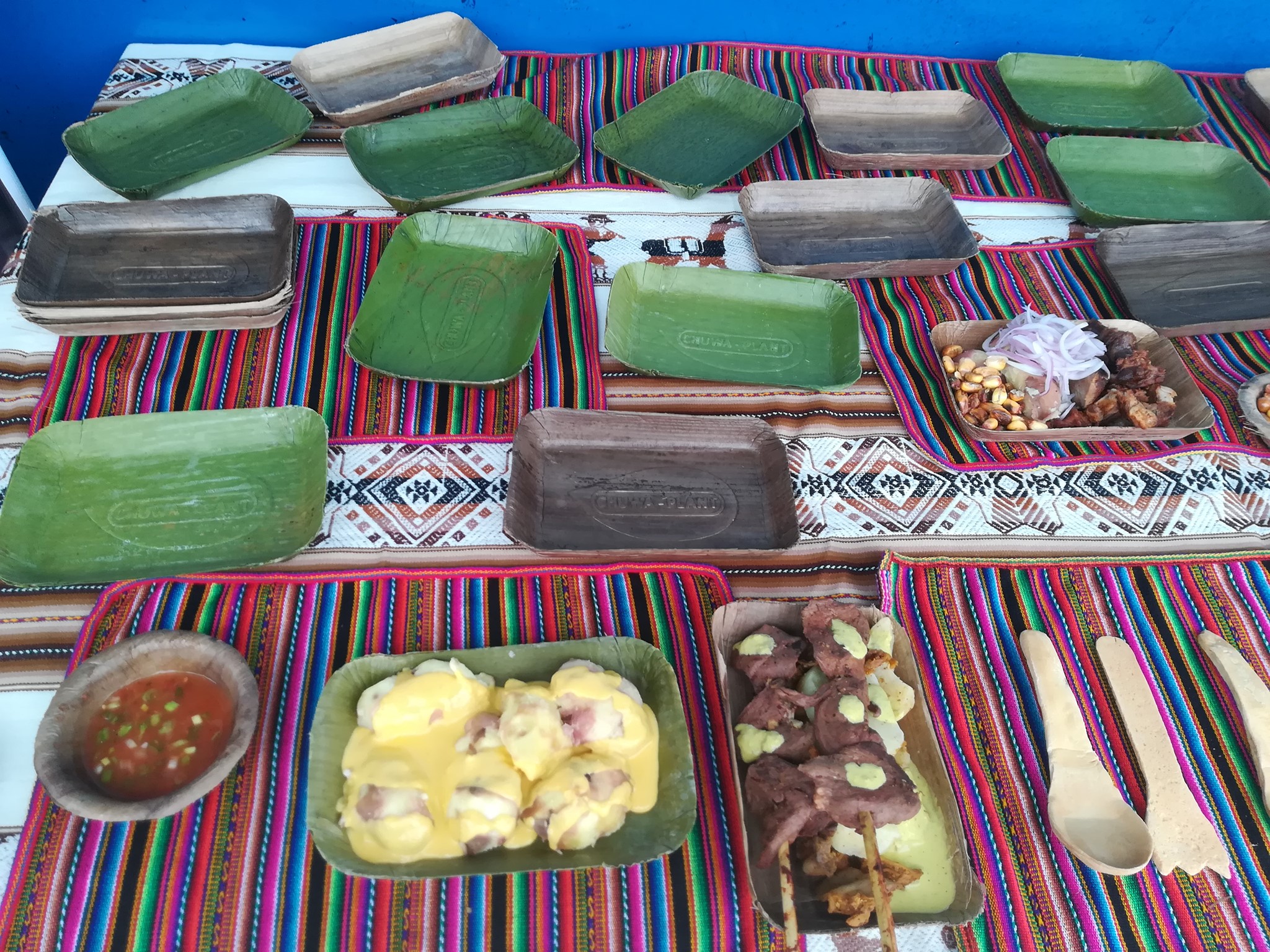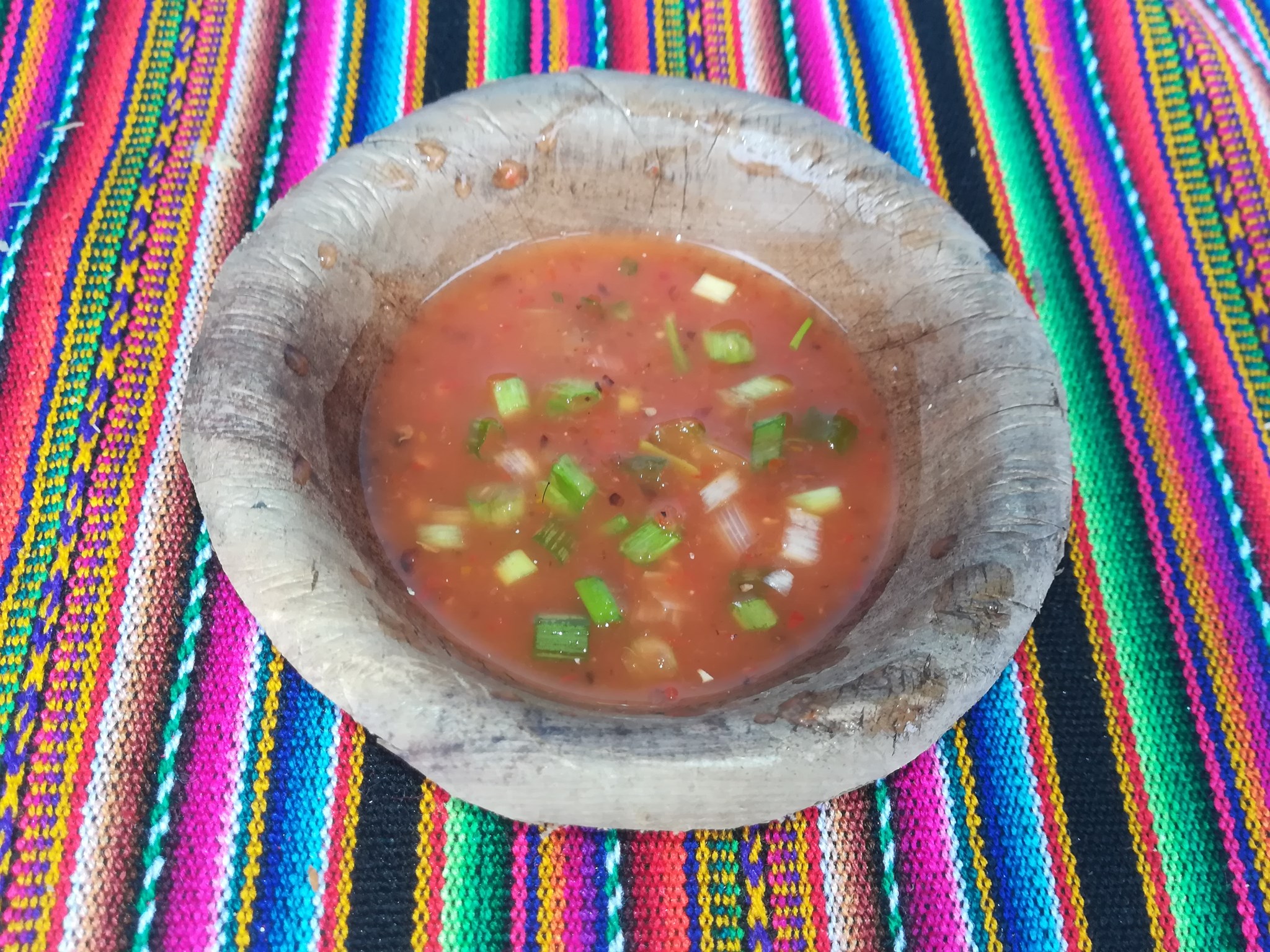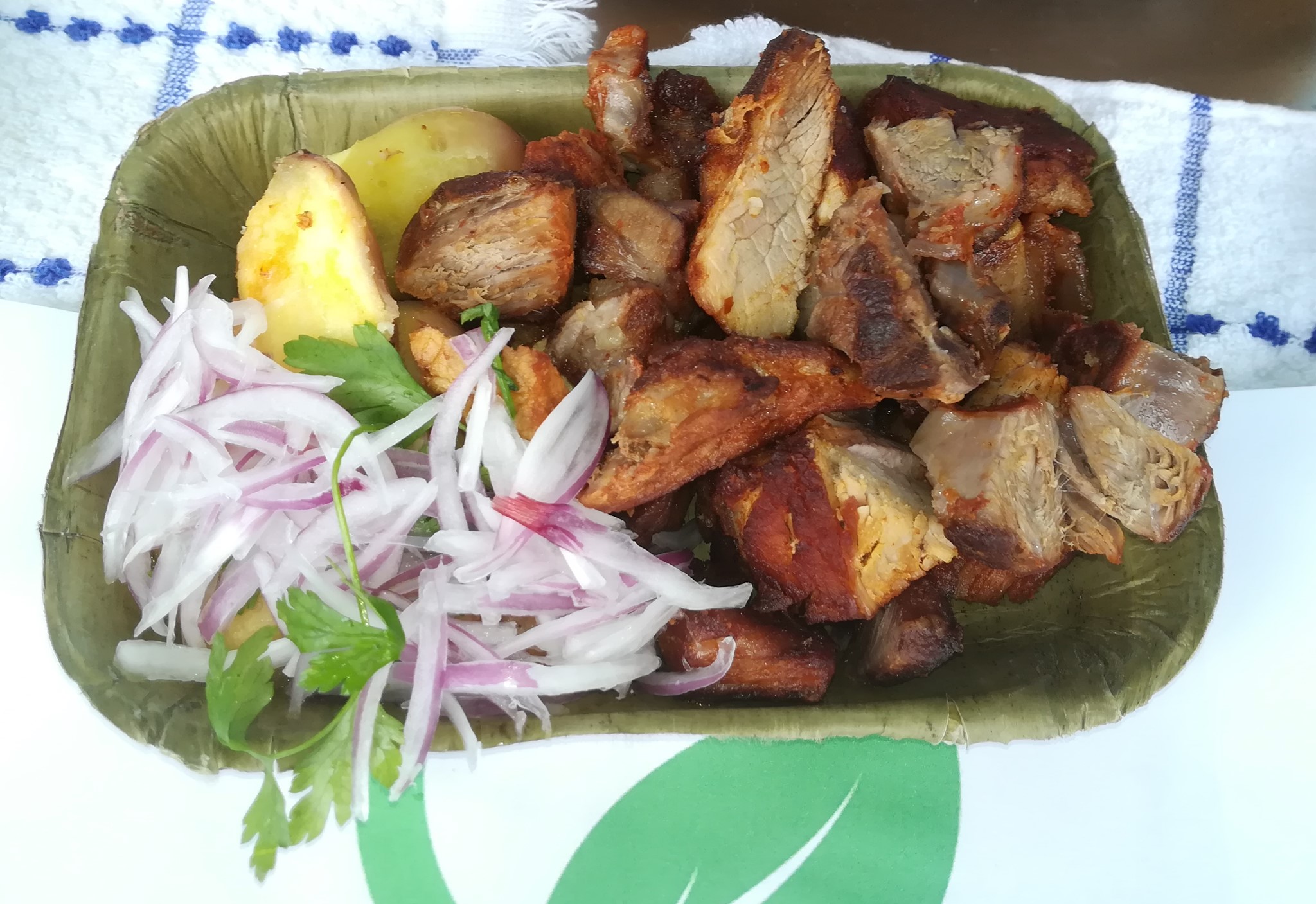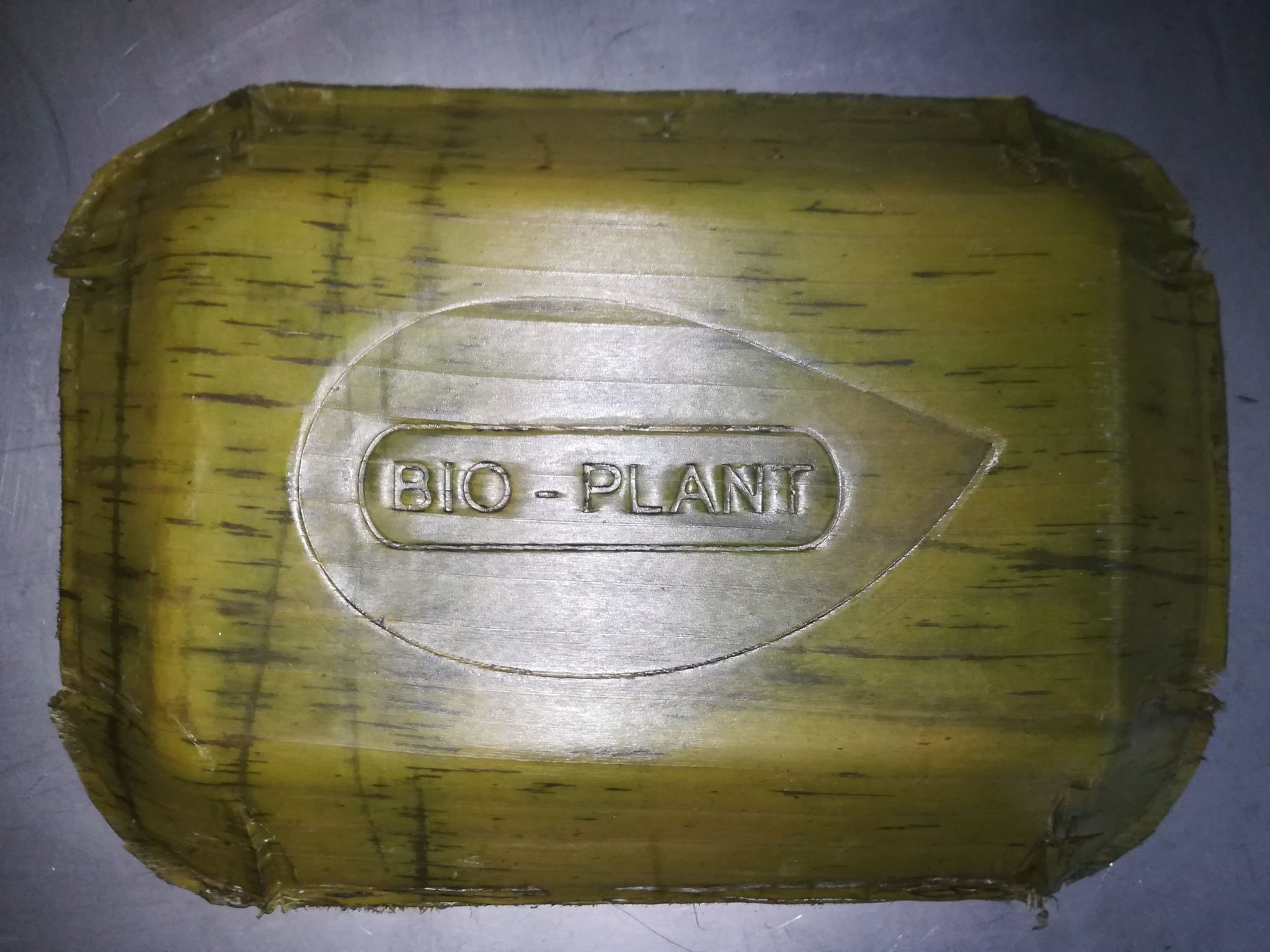
- Sustainable Planet -
- 3mins -
- 1,620 views
Eco-conscious Peruvian Group Launch Compostable Plates Made Of Banana Leaves
The range of plates and trays are 100% biodegradable and will decompose naturally within 2 months.
These banana leaf plates are 100% naturally biodegradable and decompose entirely within 60 days
A group of young Peruvian entrepreneurs have launched a project called BioPlant in order to help the world use less plastic. They have created biodegradable dishes made of banana leaves to reduce environmental pollution caused by excessive disposal of plastic. Every banana leaf plate used is one less item of plastic polluting the planet. — Their innovative product can decompose entirely within 2 months. It will completely degrade 100% naturally before the 60 days are up, whereas commonly used plates and containers made of polystyrene (styrofoam) take 500 years or more, causing shocking damage to the flora and fauna of the oceans and wildlife on land.
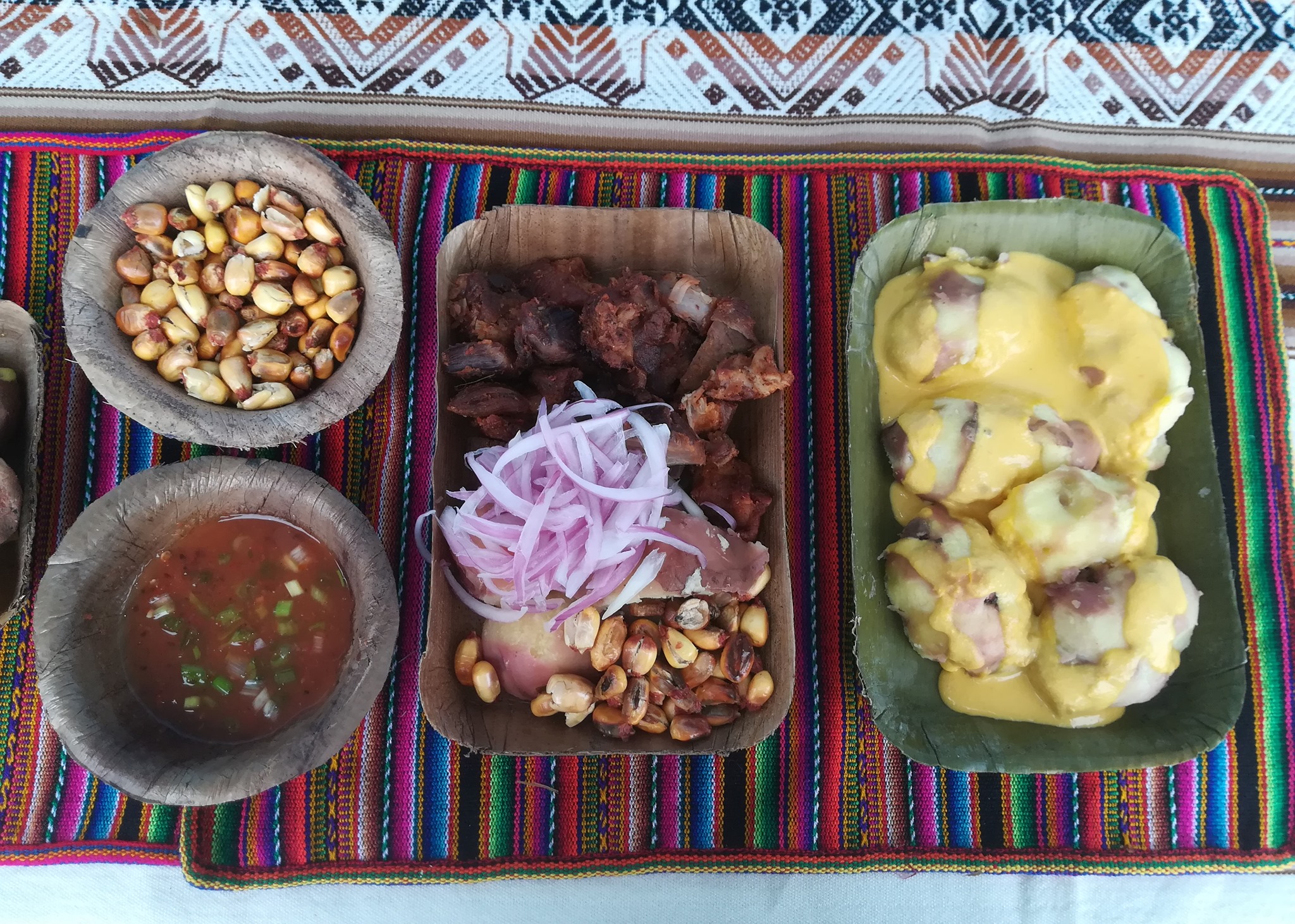
The plates are resistant to temperature and can be used with all types of food
With the co-financing of the Innóvate Peru Program* the group were able to design and manufacture specialised machines—a press, a grinder, and a die cutter—for the production of the biodegradable dishes. With the new equipment, they are able to manufacture a potential 50,000 dishes monthly.
*through the Bio Challenge contest aimed at supporting the development of innovative solutions focused on the sustainable use of the resources of the country’s biodiversity.
Josué Soto, the leader of the project, explained to La Republica how they are working directly with small producers in the Peruvian Amazon, who are provided with a fair price and technical training to take advantage of the losses of banana cultivation.
The Chuwa Plant group has also made dishes with paper and cardboard cellulose – all of which (including the banana leaf plates) are disposable (single use), resistant to various temperatures, liquids and can be used with any type of food.
Soto said that they do not need to cut down banana trees or pluck their leaves as they break off when pickers remove the clusters of bananas from the tree.
The plates are rectangular in shape, measuring 22 cm x 16 cm x 3 cm (height) and are not carcinogenic because they do not contain styrene, a petroleum derivative that is found in other types of containers.
Bio Plant plates have already been in use in traditional celebrations in various regions of the country. The group plans to enter the natural restaurants and ecological wineries market with their product.
“The approximate sale price of our dishes is 100 to 120 soles (US$30-35) for 100 dishes, depending on the thickness of the sheet, but over time it may be more accessible to all consumers,” said Soto (in Spanish).
You can follow Chuwa Plant on Facebook or Instagram.
Source: LaRepublica.pe
